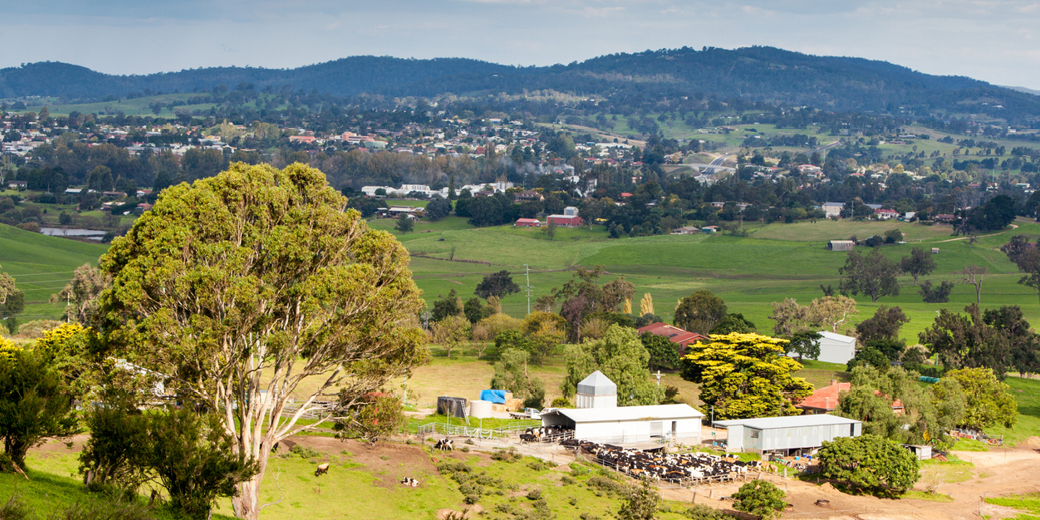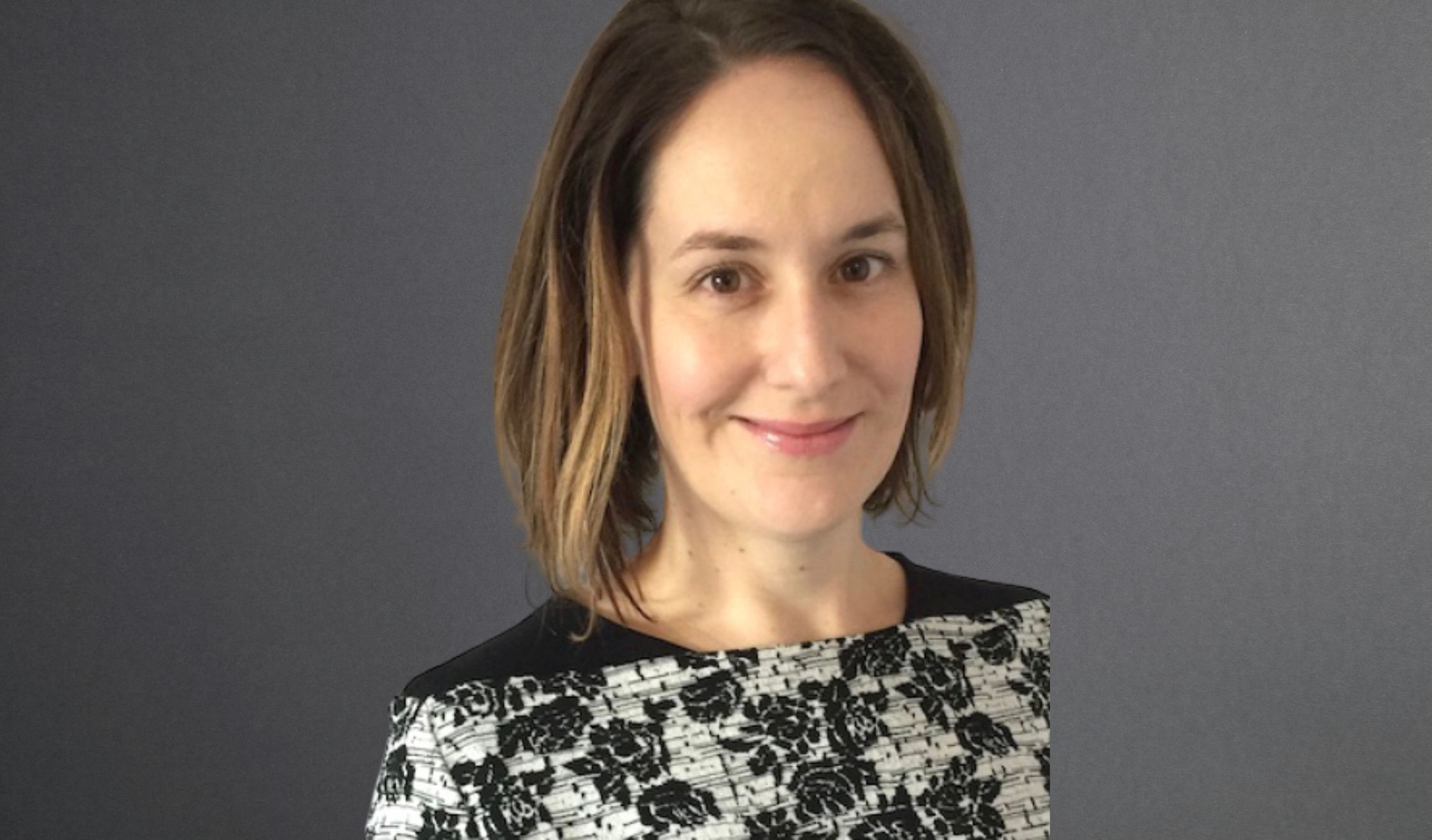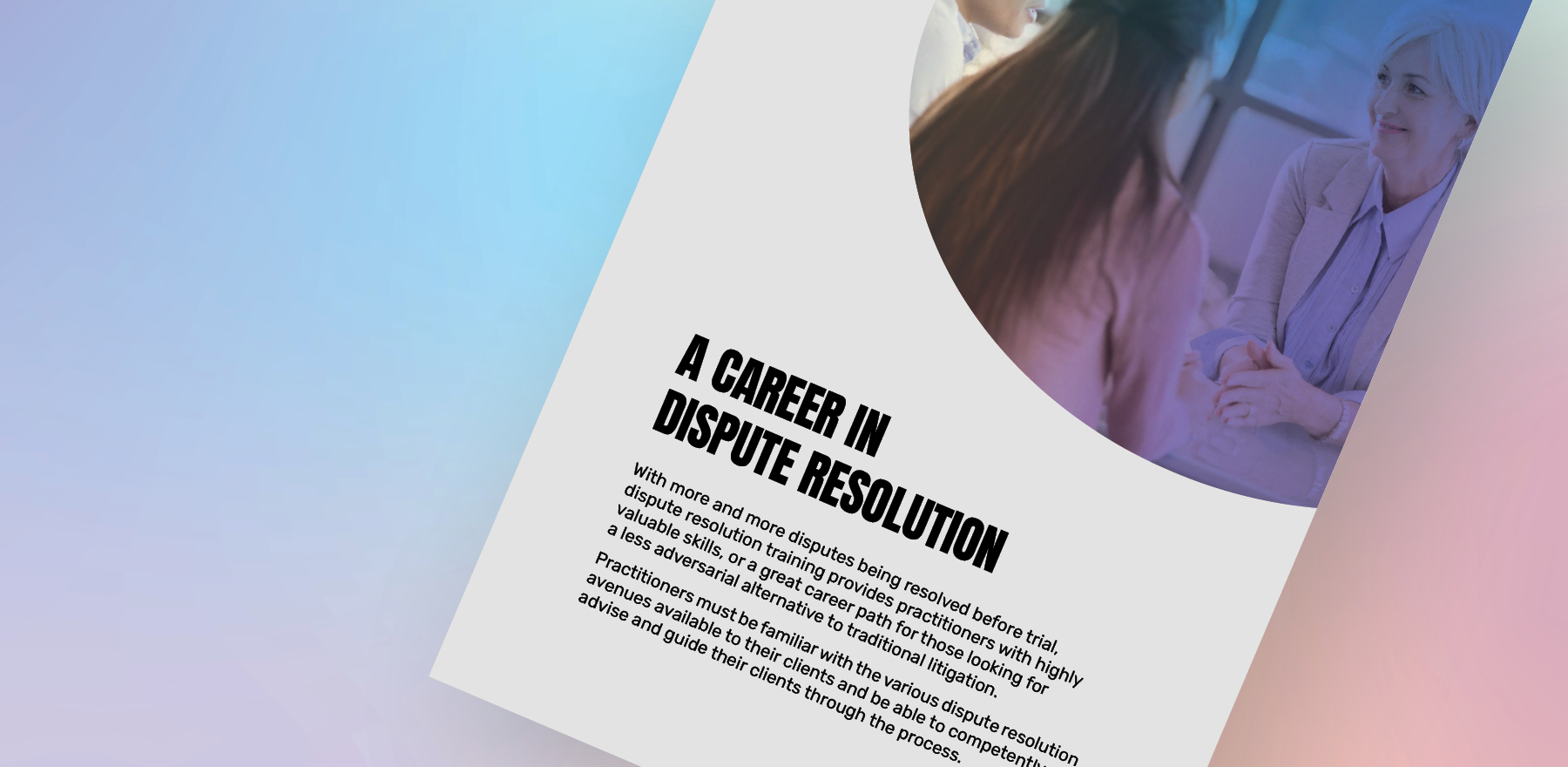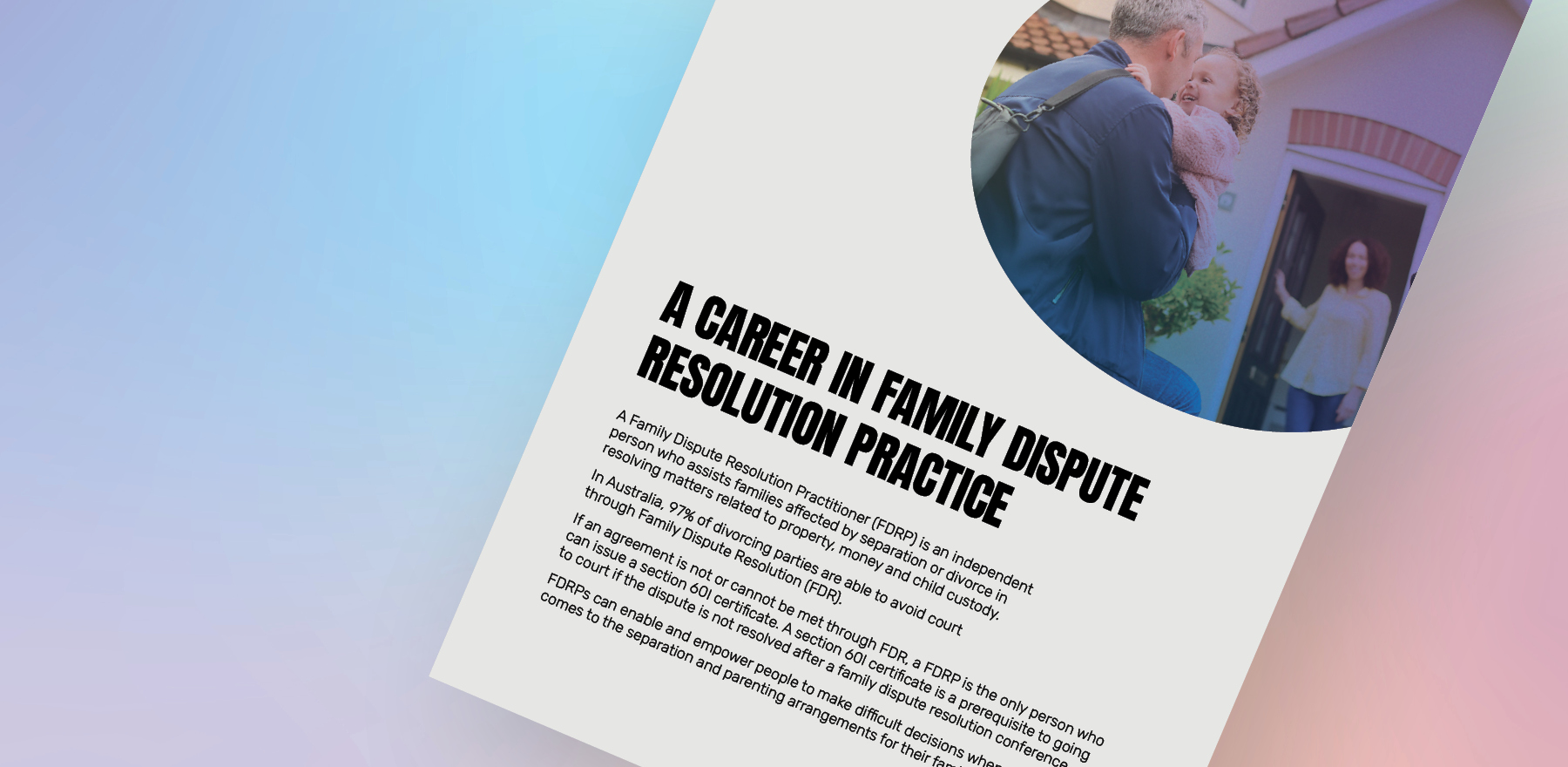The pandemic sparked a mass exodus from Australia’s metropolitan hub, as urban lawyers discovered what their country counterparts had long known: life is better in the country. While leaving the bright lights of the big city can seem daunting, we learn how four lawyers made the move to Ballarat, the Sunshine Coast, the Southern Highlands and the Blue Mountains.
A fast track into law
“One of the reasons I originally moved into rural practice is because my wife came from Lithgow,” Andrew White, Partner of Benetatos White based in the Blue Mountains, explains. “Whilst I was studying, I thought I’d see if a job was available. I found very quickly that it's a form of fast tracking into the law. My colleagues in the city were doing discovery for six months. Before I was admitted, I was appearing in court, and very quickly got exposure to various elements of practice. You’re exposed to a wide range of legal issues earlier in your career.”
“Statistically, most regional practitioners are sole practitioners. Here in the Blue Mountains, we do have a sole practitioner who is a Wills & Estates specialist. In larger regional firms, there is more opportunity to specialise.”
For Kate Osbourne, lecturer at the College of Law, her move to the Southern Highlands was quite by chance.
“I finished secondary school in the Southern Highlands, moved to the CBD, and started a job in legal IT. Life, family, relationships brought me back to the Highlands,” Kate says. “Once I completed my law degree, I was offered a job specialising in family law, though I do a little bit of everything. We’re semi-rural, as we’re between Sydney and Canberra.”
Tracy Reeves, Adjunct Lecturer at the College of Law, started her career in Darwin, where she happened to be living in 1989.
“I fell into practice there quite easily, doing articles of clerkship,” Tracy explains. “You did ground-level stuff, delivering documents, serving documents, dealing with probate applications. You did everything from scratch, as we had two computers in the whole firm. I learned to draft documents by stripping them back to nothing and writing them myself.”
“Darwin’s pretty unique,” Tracy observes. “I dealt with all sorts of clients, government, institutions, private clients, developers. You can’t get that kind of experience elsewhere.”
She migrated to the Sunshine Coast with her family.
“The depth of the work you can get in the regions is quite exceptional. It’s varied and interesting.”
Ballarat-based Paul Cott, Principal of Law on Lydiard, left a 4-hour round trip commute and hasn’t looked back.
“It was a lifestyle,” Paul says. “I was practising in Melbourne CBD, and a major client was regionally based. I decided to take the commute out and had a client with two major matters on day one. Now that COVID has resulted in moving much work online, I don’t see any drawbacks. Where I’m located is completely irrelevant.”
Connecting to a close-knit community
“Ironically, COVID has been a boon to regional practice,” Andrew observes. “In particular, it forced court systems to not require personal attendance. It seems various courts are continuing those practices.”
Andrew also noted that beyond private practice, in-house roles are available, particularly in government.
“For example, I was in-house counsel for Blue Mountains Council for several years.”
A close-knit community is something Kate has enjoyed but is aware you are working with the same personalities.
“It’s not six degrees of separation, it’s more like one degree. You need to be aware of this when doing conflict checks. For example, I’ve acted for three different people who have been married to the same fellow.”
For Tracy, being in a small community makes her feel more accountable and responsible. “It makes you realise you are very much a part of the community. You’re not just one of a large number of people and fly under the radar. In a small community, you cannot get away with poor behaviour. Connection to community is one of the most rewarding things about being a solicitor in a regional area.”
Technology makes a major difference to regional practice
“With the plethora of practice management systems, it’s made a huge difference,” Andrew says. “When I first started, if I needed a precedent, I’d contact the Law Society and they’d send it out. Now you can access case law, precedents and matters through a practice management system. I’ve seen the transition from a paper-based practice to a digital practice.”
“My firm was an early adopter of the LEAP system in the 1990s. That system has probably saved our practice one full-time employee. It just makes practice a lot easier.”
Paul echoes this experience.
“In the old days, I’d walk to the law library for a precedent,” Paul says. “Now I can order through my subscription and practise anywhere.”
In general, Kate has seen the benefits of technology across the board.
“Technology helps you access a broader range of clients. Clients can conference with their lawyer at a time that suits them, not just 9 to 5. You can request to appear via Microsoft Teams. You can book short term meeting rooms, soundproofed better than any office I’ve worked in. As a mediator, it also means parties are meeting on neutral ground.”
Technology has even transformed traditionally paper-based areas like Wills & Estates.
“Technology has levelled the playing field,” Tracy says. “Formal requirements like signing their will are shifting. It makes it easier and more accessible when you’re practising regionally.”
Regional practice better than the CBD
Paul recommends grabbing onto the opportunity of working regional, “It’s as good as, if not better than, working in the CBD.”
“The major benefit is health,” Andrew says. “By practising regionally, I’ve been able to manage a far better work life balance. When my children were young, I was able to attend their school plays. In my community, it was seen as a very positive thing.”
By contrast, Andrew’s CBD colleagues are quite unhealthy, and work “insane hours.”
“I’ve never worked those sort of hours, generally,” Andrew says. “I live ten minutes drive from my home. I don’t think people value work life balance as much as they should. Earning the big bucks comes at a cost, and it’s a question of whether you want to pay that cost.”
“Don’t think just because you work regionally, you’re sitting around at the beach having a great old time,” Tracy explains. “There’s still a lot of work. I think a lot of regional solicitors work smarter because they have more incentive. There’s none of this business of sleeping overnight in the office. Don’t think it’s the soft option. You’re still doing the work and getting the experience.”
According to Tracy, what you’re getting is the connection to the community. “You feel an underlying sense of satisfaction, of belonging to the community, and a feeling that you’re giving to the community.”
For Kate, the biggest drawcard was work life balance.
“It has afforded me greater opportunity to be a part of my child’s life,” Kate says. “I'm only seven minutes from my office. Clients are fantastic where I work. If you do get the opportunity, jump at it. Living in regional and remote areas is not as expensive as the CBD, so that can balance your remuneration.”
Finding work in a regional area
“Try CLCs as a foot in the door,” Paul advises. “You meet solicitors who volunteer. You get referrals from the CLC.”
In Tracy’s view it is all about connections. “If you’re a law student, start connecting to other people, like lecturers, or solicitors. If you meet someone who is giving a talk, go and introduce yourself, link up on LinkedIn. I regularly get called by solicitors if there are any students from the College of Law.”
Contacting lawyers in your region and distributing your resume is a potential route according to Kate. “The firms I’ve worked in are more like family environments. There is a hope, wish and desire that new staff members will stay.”
“In NSW, we have regional law societies,” Andrew points out. “It’s a way of connecting with practitioners in your region. People I met as young lawyers are now judges. Be mindful if you do wish to seek a career in the regions, it’s often a very big commitment for a regional firm to put on a junior staff member. We’ve all had that experience of someone who comes in for a few years, then leaves for the bright lights. If you can give a regional practitioner a longer commitment, it can open up more career opportunities.”


















































![How to handle Direct Speech after Gan v Xie [2023] NSWCA 163](https://images4.cmp.optimizely.com/assets/Lawyer+Up+direct+speech+in+drafting+NSW+legislation+OCT232.jpg/Zz1hNDU4YzQyMjQzNzkxMWVmYjFlNGY2ODk3ZWMxNzE0Mw==)








































